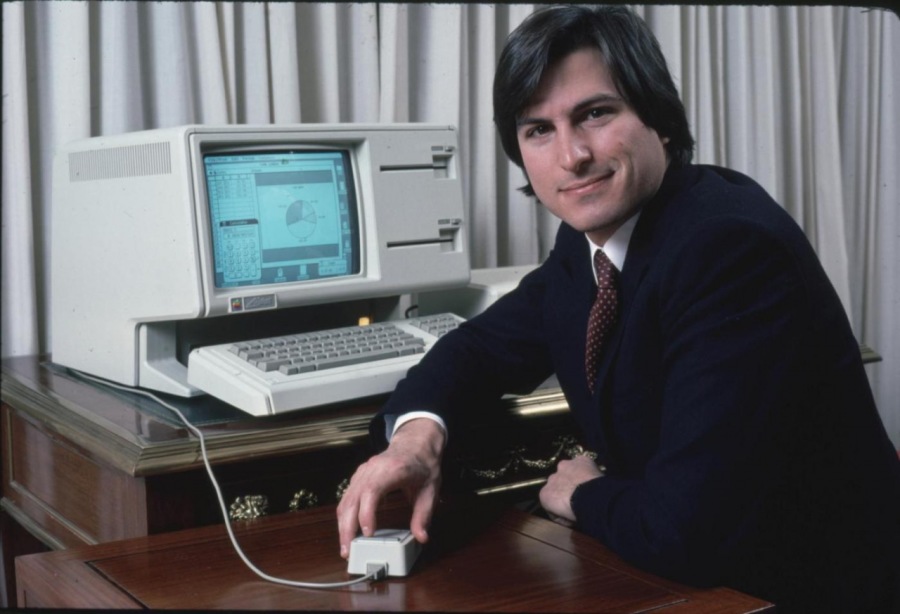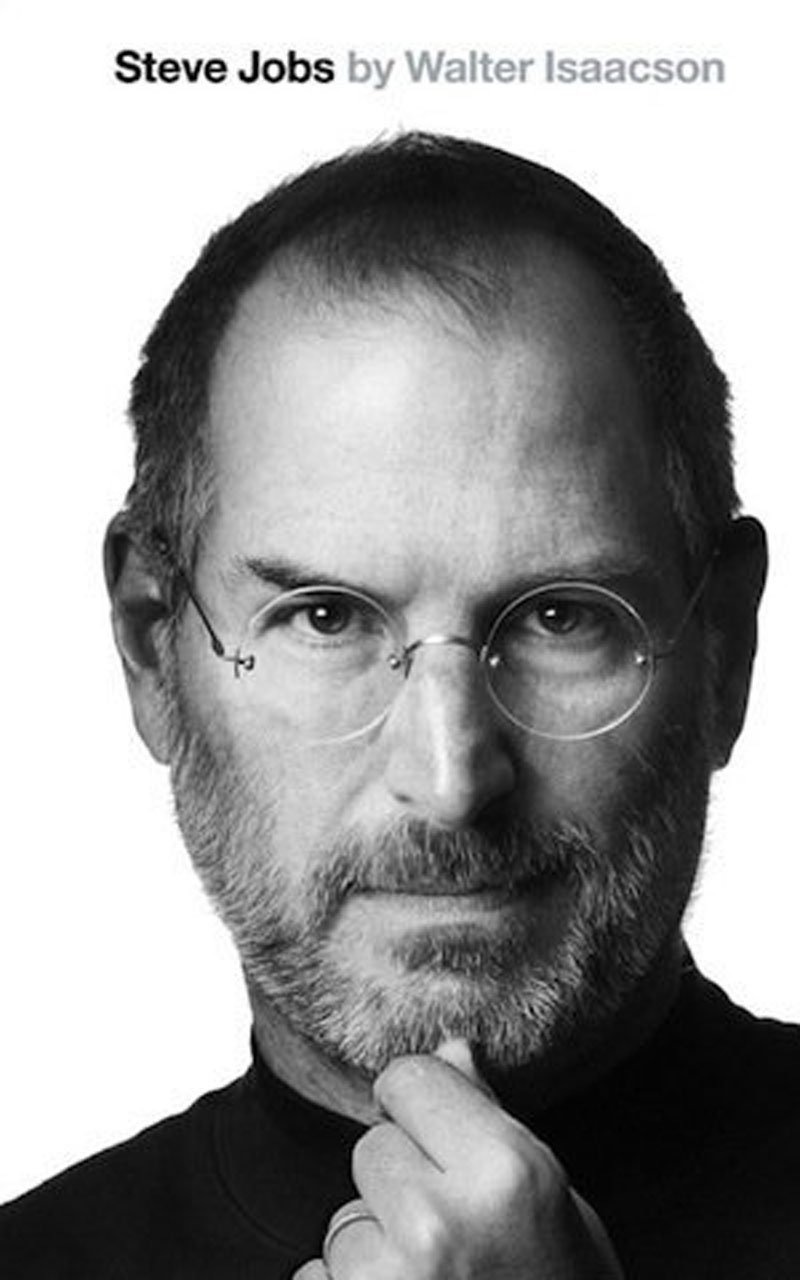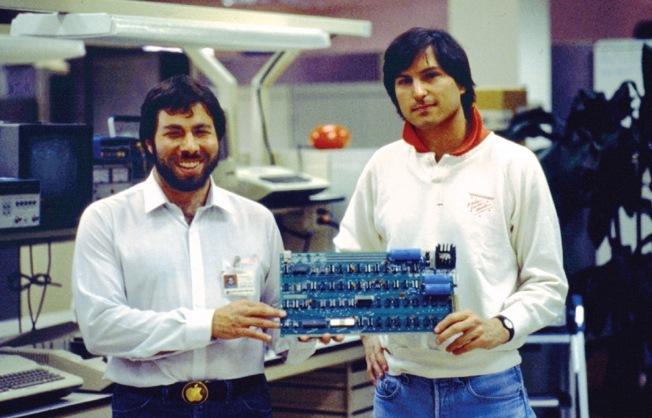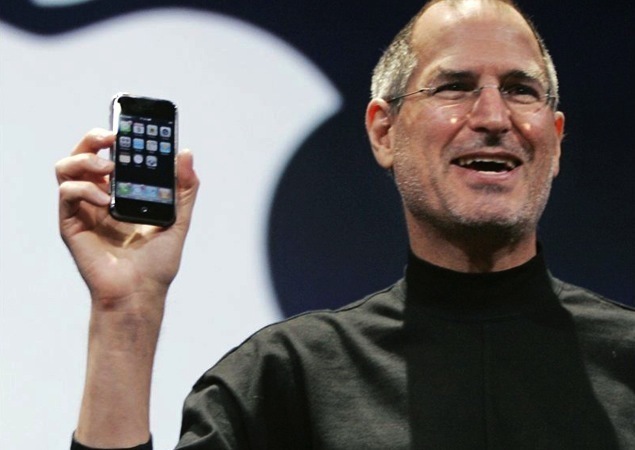Steve Jobs’ Reality Distortion Field: Leadership or Bullying?

However, he could be brutal on those close to him, whether at work or in his personal life. He excelled at dishing out verbal abuse and demanding (what appeared initially) as unachievable deadlines. To this latter point, his demanding nature produced Apple’s leaps in innovation.
With that said, it’s important to note that Steve Jobs did not invent the smart phone, something that tends to get distorted by the media and some tech commentators. The first actual “smart phone” was invented in 1992 by IBM and was called the Simon Personal Communicator, 15 years before Apple released its first iPhone. Back then, the Simon costs $899 USD (almost $1,500 in today’s dollars). And then in January 1999, the first Blackberry (later facetiously called the Crackberry) was released by Waterloo, Canada, Research in Motion (RIM).
What Steve Jobs did was make the smart phone smarter. And his successor, the competent Tim Cook, has worked hard at keeping the iPhone, and Apple in general, at the head of the pack in innovation.

Steve Jobs’ treatment of not just employees but friends and business partners was often appalling. Yet his achievements over 35-plus years (with some intermittent problems) were incredible. This conflicts in a major way with the leadership literature, where treating people with respect and as human beings, not inanimate objects, is a key cornerstone. Jobs, somehow, was able to motivate people (employees and business partners) to produce far beyond what was initially thought possible. And he did this by often berating and belittling them.
Yes, Steve Jobs was a visionary and a perfectionist. We learn a lot about why he became who he was through Isaacson’s recounting of Jobs’ upbringing as an adopted child. However, his detached, often brutal, immature behaviour is still a mystery. Jobs’ Reality Distortion Field, coined for his ability to bend reality in order that his underlings accomplish what he demanded, was demonstrated on numerous occasions when he was told that something was not possible, or could not be done within a short timeframe.
Bud Tribble, a software designer under Jobs, adapted the Reality Distortion Field expression from Star Trek. As Tribble explained to Andy Hertfeld, who had just joined the Macintosh team and who expressed his disbelief with Jobs’ unrealistic product release deadline of January 1982, “Steve has a reality distortion field. In his presence, reality is malleable. He can convince anyone of practically anything. It wears off when he’s not around, but it makes it hard to have realistic schedules.”

Steve Wozniak (aka “Woz” pictured above with Jobs), who co-founded Apple, explains it this way: “[Jobs’] reality distortion is when he has an illogical vision of the future, such as telling me that I could design the Breakout game in just a few days. You realize that it can’t be true, but he somehow makes it true.”
“When you’re a carpenter making a beautiful chest of drawers, you’re not going to use a piece of plywood on the back, even though it faces the wall and nobody will ever see it. You’ll know it’s there, so you’re going to use a beautiful piece of wood on the back. For you to sleep well at night, the aesthetic, the quality, has to be carried all the way through.” (Paul Jobs, adoptive father)
Jobs’ use of foul language and insults were well known. His typical remark to an engineer was “This is shit!” This is clearly not the most desirable way to provide feedback. However, Apple employees (at least some) learned that what Jobs was really trying to say was “Tell me why this is the best way to do it.” What Jobs was attempting was to challenge employees to be creative and to find the optimal way to achieve something – to make something perfect.
Some employees learned to push back, sometimes really hard. Jobs would buckle if presented with a compelling case. Of course this took a lot of courage and self-confidence. As Apple manufacturing manager Debi Coleman, who stood up to Jobs, enthused: “[Jobs] would shout at a meeting, ‘You asshole, you never do anything right.’ It was like an hourly occurrence. Yet I consider myself the absolute luckiest person in the world to have worked for him.”
Steve Jobs’ approach to inspiring his employees was indeed bizarre. Yet as Isaacson states: “It infused Apple employees with an abiding passion to create groundbreaking products and a belief that they could accomplish what seemed impossible. They had T-shirts made that read ’90 hours a week and loving it.’”
Jobs learned from his original Macintosh team that A-plus players preferred to work together and wouldn’t tolerate B-quality work. And to design and create consummate consumer products – his never-ending quest for perfection (ingrained in him by his adoptive father, Paul Jobs) – you needed the best people.

Rather than smirk at his Reality Distortion Field, perhaps there’s something to learn from how Steve Jobs approached leadership. There are long entrails of visionless CEOs who beat up employees, decimating their organizations, while living for quarter-to-quarter results. And then exiting with golden parachutes.
Steve Jobs was far from perfect. Later in life, towards the end, he shared some of his misgivings with Isaacson, acknowledging his mistakes. He was one of the greatest enigmas as a corporate leader. What he lacked in people skills and empathy, he made up for with a compelling vision for the future and the pursuit of excellence. He clearly has left an indelible mark on society.
Reflect on the following words from Steve Jobs, shared with Walter Isaacson. Keep in perspective that at age 25 Jobs was worth $256 million. In the fall of 2011 his net worth was an estimated $7 billion.
“I never worried about money. I grew up in a middle-class family, so I never thought I would starve. And I learned at Atari that I could be an okay engineer, so I knew I could always get by. I was voluntarily poor when I was in college and India, and I lived a pretty simple life even when I was working. So I went from fairly poor, which was wonderful, because I didn’t have to worry about money, to being incredibly rich, when I also didn’t have to worry about money.
I watched people at Apple who made a lot of money and felt they had to live differently. Some of them bought a Rolls-Royce and various houses, each with a house manager and then someone to manage the house managers. Their wives got plastic surgery and turned into these bizarre people. This was not how I wanted to live. It’s crazy. I made a promise to myself that I’m not going to let this money ruin my life.”
Steve Jobs was about simplicity in life – something from which we could all learn.
Articles from Jim Taggart
View blog
Many years ago, I watched Eco-Challenge 2000 on the Discovery Channel (a show that ran from 1995 to ...

Date Line: 1994, · Forbes Magazine · THE NEW POST-HEROIC LEADERSHIP ”Ninety-five percent of American ...

The literature on inter-generational differences has been in hyper-drive for a while. Think tanks sp ...
Related professionals
You may be interested in these jobs
-
Sales Representative, Agro
Found in: Talent CA C2 - 2 days ago
Federated Co-operatives Limited Hanna, Canada Regular - Full timeWhat you'll do: · Operating in a diverse and highly competitive retail environment, the Sales Representative, Agro is responsible for driving sales and profitability. This position is responsible for working collaboratively with others to grow business and identify new business ...
-
Senior Analyst, IT
Found in: Talent CA C2 - 1 day ago
The Kraft Heinz Company Toronto, Canada Full timeDescription · As a Senior Analyst, IT EWM Testing, you will design, develop, and implement training programs for the Extended Warehouse Management system. You will play a significant role in ensuring that the organization's workforce is proficient in applying EWM to optimize war ...
-

Contrôleur ou contrôleuse de projet
Found in: Talent CA C2 - 6 hours ago
Desjardins Longueuil, CanadaÀ titre de Contrôleur(-euse) de projet, vous contribuez à la planification et au contrôle de projets afin d'atteindre les objectifs visés dans les conditions de temps et de budget définies. Co-pilote du chef de projet/leader agile et référent au service de l'équipe, vous collabor ...



Comments
Jim Taggart
5 years ago #4
@Michael. Indeed. An example of a servant leader who didn't beat up people yet who was a very successful CEO was Max DePree.
Jim Taggart
5 years ago #3
Elon Musk is the latest example.
Michael Toebe
5 years ago #2
Jim Taggart
5 years ago #1
My personal view is that Apple is better off in the hands of Tim Cook. I don't have any compelling evidence, except to note that Jobs was obsessed with destroying Android Inc., which Google bought in 2005. My guess is that Jobs would have re-directed enormous energy to that end, possibly losing ground on the innovation front. We'll never know.